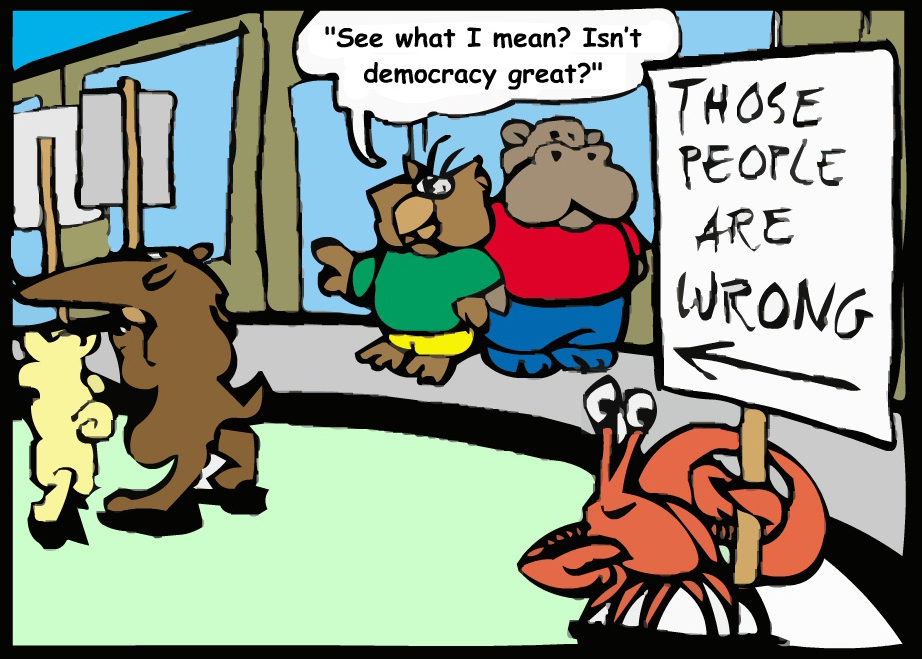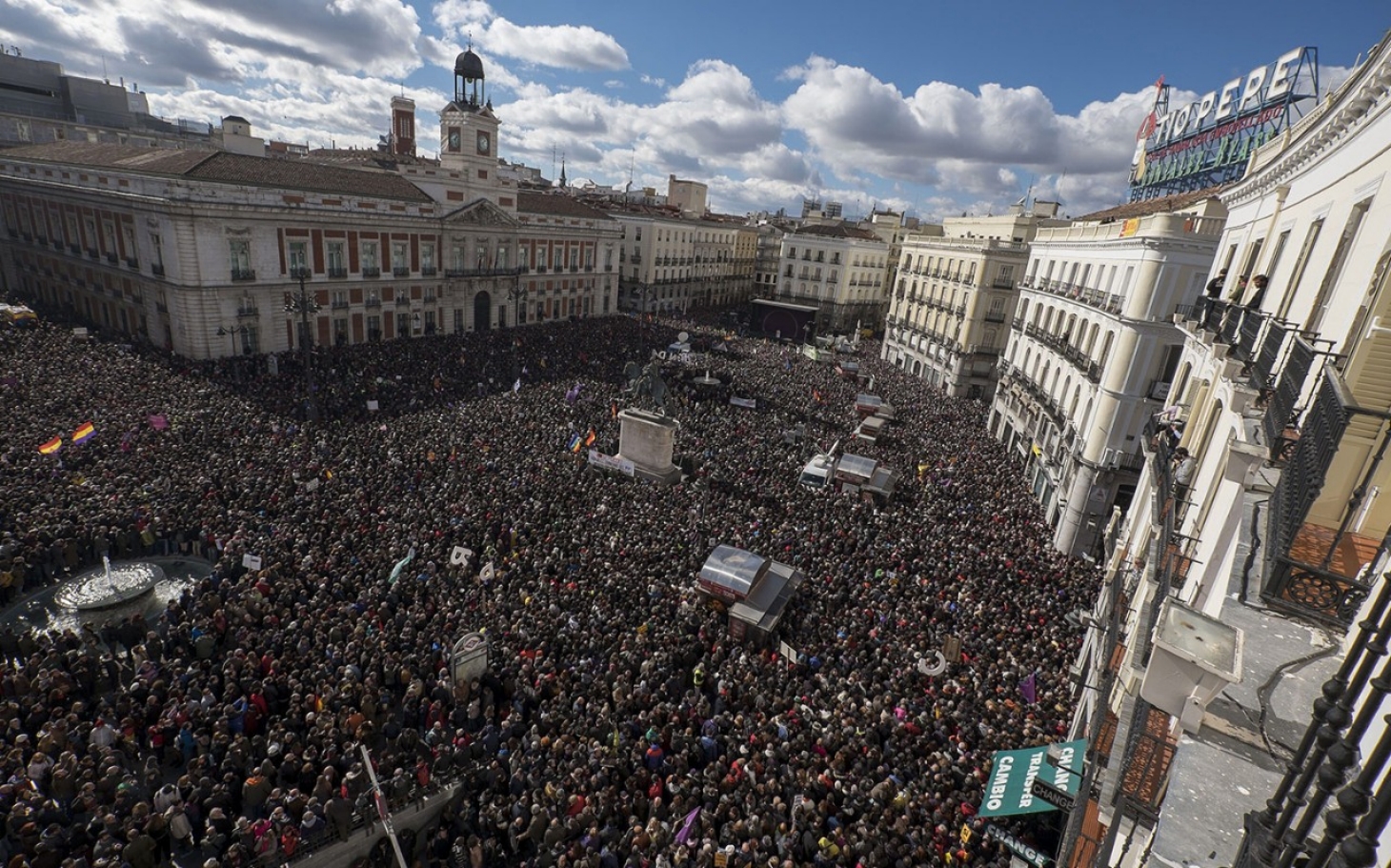
Only peaceful assemblies are protected, not those which involve violence. Meetings and protests are examples of assemblies. The right to peaceful assembly is the right of individuals to gather for a common purpose or to pursue common goals. This right is based on Articles 21 and 22 of the International Covenant on Civil and Political Rights. This right protects not only the right to meet but to join or form a group with like-minded people. The Human Rights Act protects the right of peaceful assembly and freedom of association. Every person has the right to freedom of association with others, including the right to form and join trade unions.Every person has the right of peaceful assembly.Section 22 of the Human Rights Act 2019 says that: Toggle menu for Information in your languageĭownload the Right to peaceful assembly and freedom of association fact sheet (PDF File, 275.3 KB).What is the Commission doing about COVID restrictions that impact on human rights?Ĭustomers, face masks and discrimination - a guide for Queensland businesses and services Toggle menu for COVID-19 and human rights.

Toggle menu for For people in prison or detention.Significant dates for Aboriginal and Torres Strait Islander people Guided Protection: our Indigenous artwork Torres Strait Islander people in Queensland: a brief human rights history

Our Aboriginal and Torres Strait Islander Advisory GroupĪbout the Anti-Discrimination Act - Torres Strait CreoleĪbout the Human Rights Act - Torres Strait CreoleĪboriginal people in Queensland: a brief human rights history Human rights and discrimination: a guide for our mob

Right to protection from torture and cruel, inhuman or degrading treatment Your right to recognition and equality before the law Building Belonging: Our review of Queensland's Anti-Discrimination Act.Our position on the Voice to Parliament.For Aboriginal and Torres Strait Islander people.


 0 kommentar(er)
0 kommentar(er)
